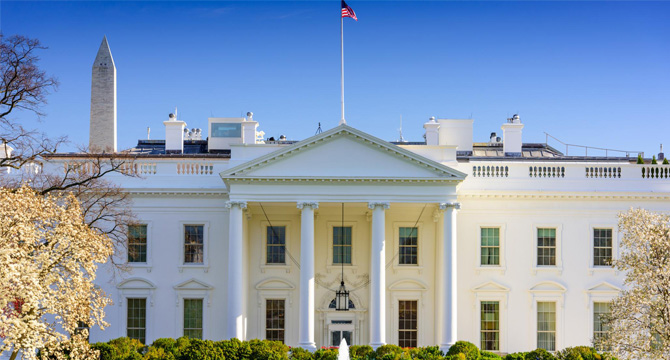
In recent weeks we have commented on the spate of new pro-employer decisions from the National Labor Relations Board (the Board). These decisions, among others, have included:
- Boeing Co., 365 NLRB No. 154 (Dec. 14, 2017)(reasonable employer policies, such as Boeing’s ban on the use of cameras and cell phones, are lawful),
- Hy-Brand Industrial Contractors, 365 NLRB No. 156 (Dec 14, 2017)(the Board returned to its old rules on joint employer issues),
- PCC Structural, Inc., 365 NLRB No. 160 (Dec 15, 2017)(reversing the Obama-era rule on micro-units), and
- Raytheon Network Centric Systems, 365 NLRB No. 161 (Dec 15, 2017)(employer can continue to make health insurance changes post-expiration where they made them pre-expiration).
The Board has also asked for public comment on the Obama Board’s “quickie election” rules, signaling a likely return to the old, longer NLRB election campaigns.
What does all this mean for employers? As we have previously noted, we are likely to continue to see more pro-employer Board decisions over the next few years. During the Obama years, the Board took a dramatic and unprecedented turn to the left, overruling longstanding precedent in case after case. The Trump Board will no doubt continue to undo many of the Obama-era decisions.
However, this does not mean that employers will have a free hand in doing whatever they want to do when it comes to labor issues. The Board is supposed to be a neutral arbitrator when it comes to labor issues, but in truth, both Republican and Democratic Boards have tended to issue more pro-union decisions than pro-employer decisions in cases involving “routine” unfair labor practice charges.
That is just the nature of what the Board does, and that is not going to change (at least until Congress passes legislation modifying in some way the mission of the Board). It does mean, though, that employers likely no longer need to worry about the sort of radical departures from precedent that occurred during the previous administration on issues like handbooks, permissible campaign activities, and joint employment.
And it should give employers greater confidence when their unions threaten particularly odd unfair labor practice charges.
A recent anecdote may illustrate this point. During a recent bargaining session, a union claimed the employer could not do something – modify health care benefits – that it was clearly entitled to do under the terms of the labor agreement, and the union threatened to file an unfair labor practice charge if the employer took the action. In the past, knowing how sympathetic the Obama Board was to even radical labor law theories, the employer might have at least thought twice about its proposed action. Instead, in the new era of the Trump Board, the employer simply decided to proceed, confident that longstanding Board precedent would support its action. The bottom line is that a degree of stability has been restored on things like employee handbooks and workplace policies, and employers can now have much greater confidence as to what they can and cannot do in the labor arena.
